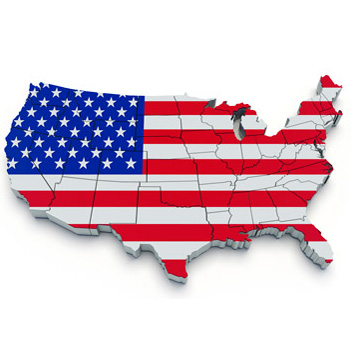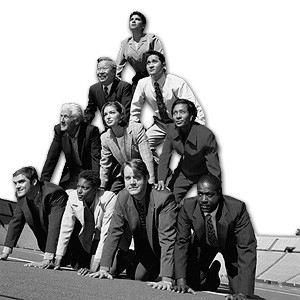I've been a broadcast meteorologist on television since the early 1990's. Happy to answer any questions about the weather or local TV news. Yes, I often wear sneakers on set just out of view of the camera.
Great question. The outer edge of the distance the sound of thunder will travel is about 15 miles. So you’re seeing lightning that is father away. Thanks!
Sounds like this is a matter of degree, Anthony (not temperature). Any system that causes snow or other inclement weather can generically be called a storm, not just a "big" one. I wouldn't let it get to you.
The humidity is a troublesome reading, Dan. It is not a direct measurement but the product of a formula that considers temperature and dewpoint. Dewpoint is a direct measurement of the amount of moisture in the air. In the morning, for example, the temperature and dewpoint may be the same, 100% humidity. By midday the temperature may have gone up but the dewpoint could stay the same but the humidity reading would go down even though the moisture content didn’t change. Hope that makes sense. I always look at the dewpoint.
Hi, Dylan. Water can be seen in the atmosphere in three states. Solid, liquid and gas. When water vapor (the gas) cools, visible liquid drops form by condensation. Think of putting ice in glass of water. Liquid water drops form on the outside because the air around the glass cools. Fog is drops of liquid water (there can be freezing fog too) that form on small particles in the air called condensation nuclei. An easier way to think about fog is a cloud in contact with the ground.
School Teacher
 How do you see parents failing in their children's education?
How do you see parents failing in their children's education?
Former IRS Revenue Officer
 Are IRS auditors more accommodating when you're polite with them?
Are IRS auditors more accommodating when you're polite with them?
HR Executive
 What's the worst reaction you ever witnessed during a lay-off?
What's the worst reaction you ever witnessed during a lay-off?
Was very interested in the sky as a kid but never really thought it was a career until I was in my 20s. Always loved broadcasting and started in radio. Became friends with another television meteorologist who got me started in a college meteorology program and the more I learned the more I liked. So, broadcasting yes. Meteorology came later. Thank for asking, Caleb. Hope you're doing (or will do) something you love!
Interesting question. It really doesn't form that way. Starts as very small cloud droplets and as they get heavier they'll start to fall. Friction with the air would also break up any large areas of water. Thanks, Cherry!
Lightning could certainly have been the cause. When it strikes it heats the sap and air extremely high and fast. That boils the sap and expands the air and can blow off the bark. Best guess without seeing pictures!
-OR-
 Login with Facebook
Login with Facebook (max 20 characters - letters, numbers, and underscores only. Note that your username is private, and you have the option to choose an alias when asking questions or hosting a Q&A.)
(A valid e-mail address is required. Your e-mail will not be shared with anyone.)
(min 5 characters)
By checking this box, you acknowledge that you have read and agree to Jobstr.com’s Terms and Privacy Policy.
-OR-
 Register with Facebook
Register with Facebook(Don't worry: you'll be able to choose an alias when asking questions or hosting a Q&A.)